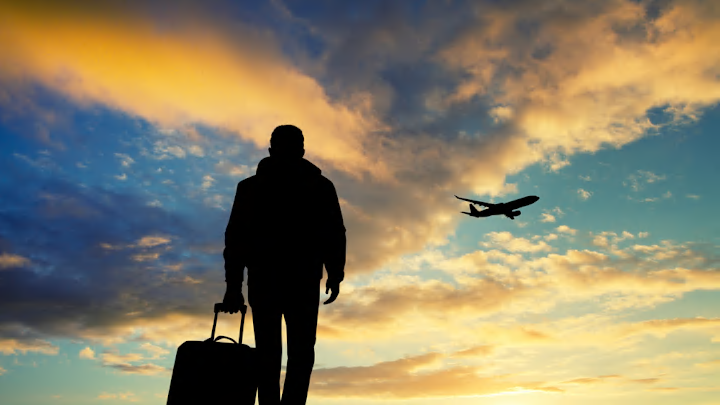The Trip That Changed How I See Home

Sometimes, it takes leaving everything familiar behind to finally understand what it means to belong. I didn’t plan for the trip to change me. I just needed a break, a chance to reset, to step outside the routine I knew so well I could recite it with my eyes closed.
But somewhere between packed bags and unfamiliar skies, something shifted. The further I got from home, the more I saw it—not as a place I took for granted, but as something layered, flawed, and quietly precious.
Distance Brings Clarity
It’s funny how small habits feel invisible when you’re immersed in them. The morning rituals, the unspoken rhythms, the neighborhood quirks—they become background noise. But when you step away, even briefly, those same details gain texture.
On my trip, I started noticing things I’d been blind to. The way other places spoke different spatial languages—narrower streets, louder greetings, longer lunches. It made me wonder: what had I stopped noticing at home? What beauty had been flattened by repetition?
The distance created contrast. And in that contrast, I saw my life differently. Not worse, not better—just sharper.
Other Places Taught Me to Pay Attention
In the city where I stayed, people lingered. They walked slower, sat longer, looked up more. Meals lasted hours, conversations meandered without agenda. I felt myself stretching into that space, breathing more deeply.
There was a rhythm to life there that wasn’t dictated by urgency. And while it was unfamiliar, it felt oddly nourishing. I realized how much of my time at home was spent bracing—against time, deadlines, noise.
Being in a new environment taught me to notice again. To pause before responding. To watch how light moved through a window instead of rushing past it. And that way of noticing didn’t stay behind when I flew back—it came home with me.
Letting Go of the Idea of “Better”
Before the trip, I thought of travel as an escape. A way to step into a more exciting version of life. But while I did experience wonder and surprise, I also experienced discomfort—missed trains, awkward misunderstandings, the ache of unfamiliar beds.
It reminded me that no place is perfect. That every city has traffic and noise and flaws. The grass isn’t greener, just different. And that realization softened something in me.
Home stopped being something to compare or critique. It became something I could appreciate without trying to make it something else. The trip didn’t make home smaller—it made it feel more intentional.
Returning With New Eyes
When I came back, everything looked a little different. My neighborhood café, the tree outside my window, even the corner where I always stop for red lights—they all had a renewed glow.
I wasn’t seeing them for the first time, but I was seeing them with the eyes of someone who had left and returned. Someone who had wandered far enough to recognize the quiet magic of the familiar.
I started walking more. Sitting in my own local parks. Talking to people I usually passed by. The trip had reminded me how to be curious, and I brought that curiosity back with me.
The Takeaway: You Don’t Always Know What You Have Until You Step Away
I didn’t expect that trip to be transformative. But it was. Not because it changed where I lived—but because it changed how I lived in it.
Home used to feel like a default. Now it feels like a choice. A place I’ve decided to see again, fully and deliberately. A place I no longer try to escape, but one I’m learning to appreciate in all its quiet, ordinary beauty.
Travel didn’t replace home—it reframed it. And that, perhaps, is the most unexpected gift of all.